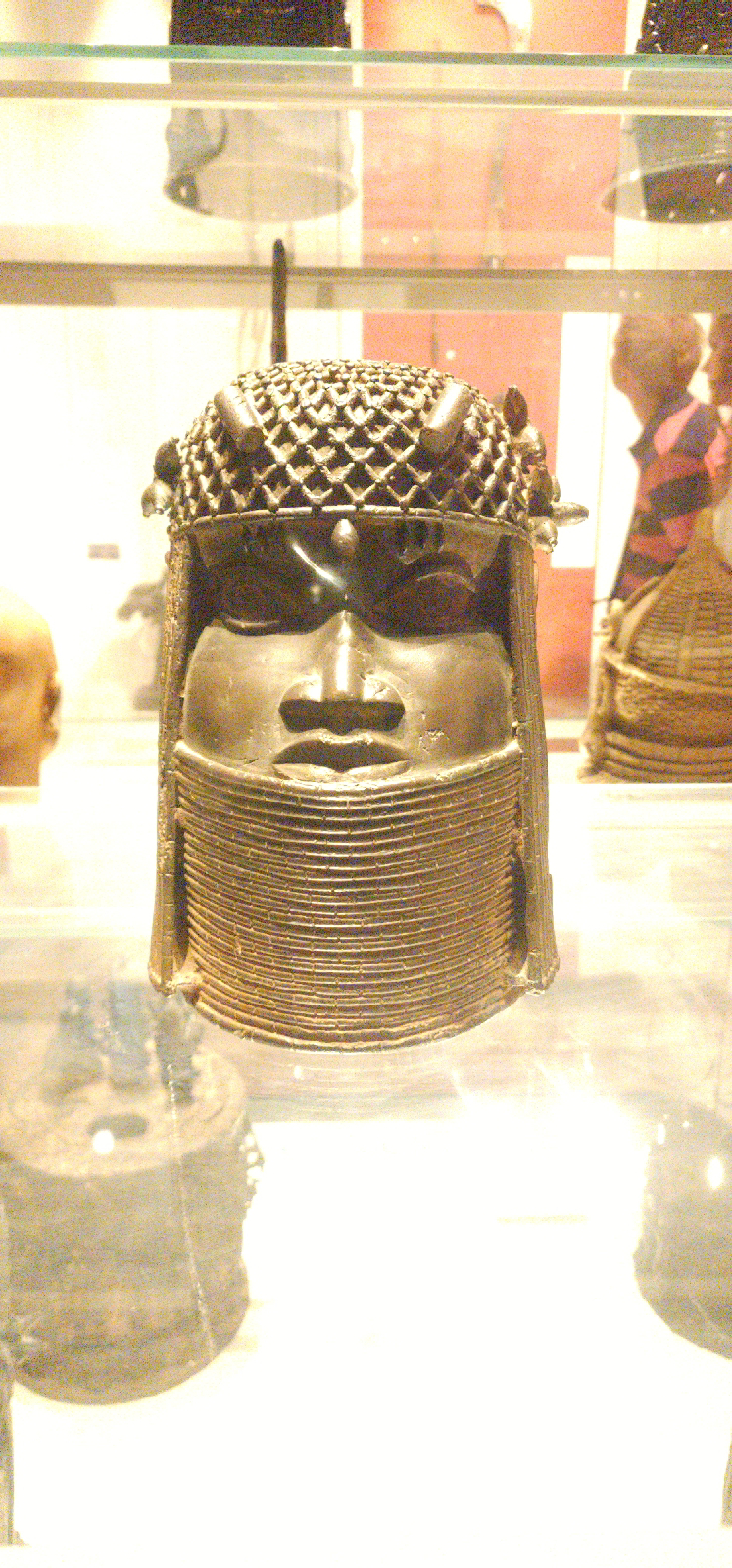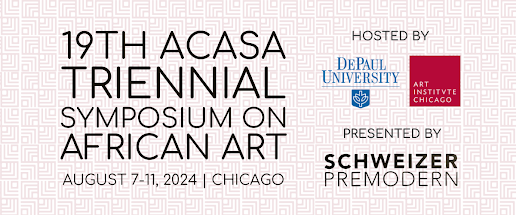As of this morning, Saturday, December 21, 2024, at least 100 people, mostly women and children were crushed to death in three different parts of Nigeria: Anambra and Oyo States, and the federal capital, Abuja. How? They all trooped out in search of free rice distributed by state or private organizations ahead of the Christmas celebration. Clearly without plans for adequate crowd control and without care about the level of desperation among the population, the organizers failed to manage the process, leading to stampedes. So, scores of hungry mothers, wives, and children went in search of food. They were served death. We mourn the dead.
Words fail me.
I feel nothing but utter disgust for the criminal enterprise called governance in Nigeria today. We have watched with increasing alarm as a network of individuals from all parts of Nigeria systematically take the country hostage not just by corrupting the political process as never before, but also simultaneously binding the economy into dirty bunches and hauling them, with stupendous brazenness, into their godforsaken private bank accounts. Or in a good number of instances--according to news reports--into vast septic tanks, when they find no means of moving their loot into the vaults of financial institutions scattered around the planet.
I feel nothing but deep indignation for the folks in Nigeria who have bled that country for so long to the point that not even water sips out of its veins. And yet, there is no accountability. No one here or out there to force them to stop their murderous rampage on a most resilient and resourceful folk who make up arguably the world's most complicated nation (500+ languages; almost 400 ethnicities; nearly 50/50 ratio of Muslims and Christians; 220 Million people in a contiguous landmass just a third more than the US State of Texas).
The lack of accountability and the brazenness of Nigeria's political process would, in 2023, see a ruling party that did its best to immiserate the entire population and watch as frightening levels of insecurity spread over the land apparently returned to power for another four years. Or do you think that Nigerians are tragic masochists edging ever closer to auto-asphyxiation?
The economy has cratered since that election. The government feeds the people slogans. The politicians allot themselves mindboggling salaries and, alongside their accomplices outside of government, do their best to live their versions of the high life. Even so, the recent photo of a family in Southeastern Nigeria with children showing telltale signs of kwashiorkor--that dreadful malnutrition disease perhaps seen first in postcolonial Africa during the Biafran War and since in some of the world's worst sites of humanitarian catastrophe--announced the frightening reality of today's Nigeria. That photo tells you everything you want to know about the people who turn up at these Christmas rice distribution events and end up dead.
I do not know how we get out of this.
Damn the vampires!

















